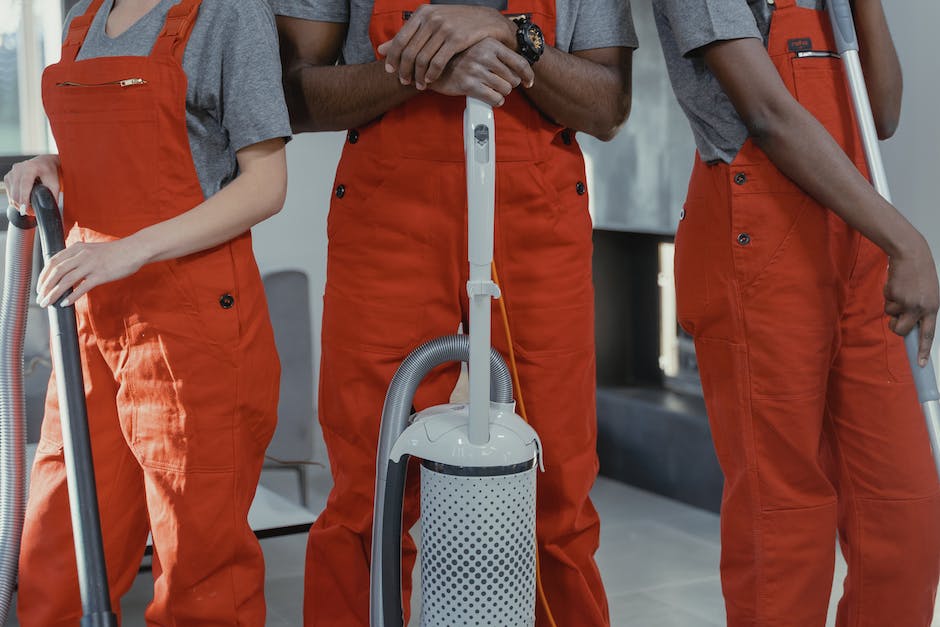Vehicle accidents are the number one cause of PTSD in America. It’s easy to see why. Not only is the accident itself traumatic, but there’s a myriad of high-stress things that need to be attended to as soon as possible, whether or not you feel like you should be resting. The following aims to help soothe the process as much as possible by walking you through the steps you need to take if you’ve been in an accident in the order you need to take them.
First Aid Considerations
First and foremost, ensure that everyone is okay. Vehicle accident injuries can be tricky, though, so encourage everyone to stay still for a few moments if it’s safe to do so. Things like shock can prevent a person from sensing how injured they are. Adrenaline can also dramatically reduce the experience of pain, leading someone to think they’re better off than they are.
Furthermore, vehicle accidents can often lead to invisible injuries. When someone’s moving very fast and then stops suddenly, their organs can slam into their bones, causing damage or internal bleeding. Don’t assume that someone is okay just because they look okay. Be especially wary of any bruising that can be seen, as this indicates internal bleeding.
Deliver first-aid to anyone who needs it and get anyone who’s injured to the hospital. Immediate medical attention can often influence the extent of recovery and how quickly it occurs. First aid can save lives.
Report The Accident
Accidents need to be reported to local law enforcement. In many places, it’s illegal to leave the scene of an accident until a report has been made by the police or other emergency responders. It’s also important that if traffic is impeded or needs to be re-routed that law enforcement is present to help with this. Further accidents are less likely if the police are present with their sirens and directions keeping cars passing by from adding to the damage.
Document Evidence
When it comes to any sort of accident, having documentation and evidence is vital. If two people who were present claim a different series of events occurred, who does law enforcement or the insurance company listen to? If it goes to court, who does the judge listen to? Evidence is an important part of the legal process and the insurance claims process.
Take photographs of the scene with as much detail as possible. Make sure to stand back and get wide-angle shots of the entire situation but also go up close to each aspect of the scene and photograph that as well. Each dent, anywhere glass is spread across the road, the interior of each vehicle involved, license plates and any property damage done are all good ideas of things to capture. Of course, every accident is different, so be sure to look at the specifics of your situation and document everything and anything you can think of.
Exchange Information
If there are multiple parties involved in the accident, exchange information. You need to know someone’s name and their license plate at the least, but it’s usually a good idea to take a picture of someone’s driver’s license too. If someone’s property has been damaged by the accident and they are present, get their information as well.
This portion of your response can be difficult as most people are highly emotional after being in an accident. If you sense tensions rising and feel like a conflict is imminent, step back. You don’t want to provoke or be provoked. No one should say anything extra about the accident than absolutely necessary to exchange information. Know that anything you say or do during this time could be put on file and used by insurance companies or the legal system. You do not want to apologize or admit fault of any kind, as this can sometimes be used against you.
Reach Out To A Legal Professional
It doesn’t matter if you’re certain insurance is going to cover the accident. It doesn’t matter if it seems like everyone involved is calm and safe. When you’ve been in an accident, there’s always the chance for things to get out of hand. Perhaps you feel fine now, but it turns out in three days that, you’ve had a serious head injury. Perhaps the other party involved gets stressed out when they talk to their mom later and call a lawyer of their own.
No matter what kind of accident you’ve been in, you’re going to have several different options for a response. Each of these options is going to have an impact on your finances, your health, and your legal standing. Most of the time, other people involved and insurance companies aren’t going to tell you what all your options are. Everyone is going to suggest the course of action that best suits themselves, regardless of what’s best for them. Talking to a truck accident lawyer can help ensure that you’re aware of all your choices before you make a decision. Oftentimes, choosing to do one thing means legally forfeiting your right to respond to the accident in a different way if you later find out that’s what’s best. Don’t sign anything until you’ve spoken to a lawyer.
Stay Off Social Media
It’s common to have a lot of very strong emotions after a vehicle accident. It’s okay to feel anything at all: grief, joy, relief, anger, confusion, bewilderment, fear, stress, or any other feeling you have. What’s not okay is taking those feelings and pasting them all over the internet. Similar to speaking as little as possible when exchanging information with the other party, you want to avoid giving insurance companies, lawyers, law enforcement, or the legal system as a whole something they could use against you. Even something as simple as sharing a kitten photo can look like you’re not as hurt as you claim you are. Completely avoid social media until the accident is dealt with.
The above information should be able to help you deal with the aftermath of a truck accident. It’s important to know your rights. It’s also important to find medical support that works for you throughout this time. Medical gaslighting is a real thing that seems to happen most commonly during high-stress medical visits. If you’re uncomfortable or bothered by a medical professional’s assessment of your situation, find a second opinion. You should never ignore the instincts you feel about your body or your health.
Keep speaking to different doctor’s until you find someone who takes your symptoms seriously and is willing to work with you to find a treatment plan that suits you and your lifestyle. It’s okay to ask for a different medication if you don’t like the side effects. It’s okay to ask for alternatives to standard treatments.










